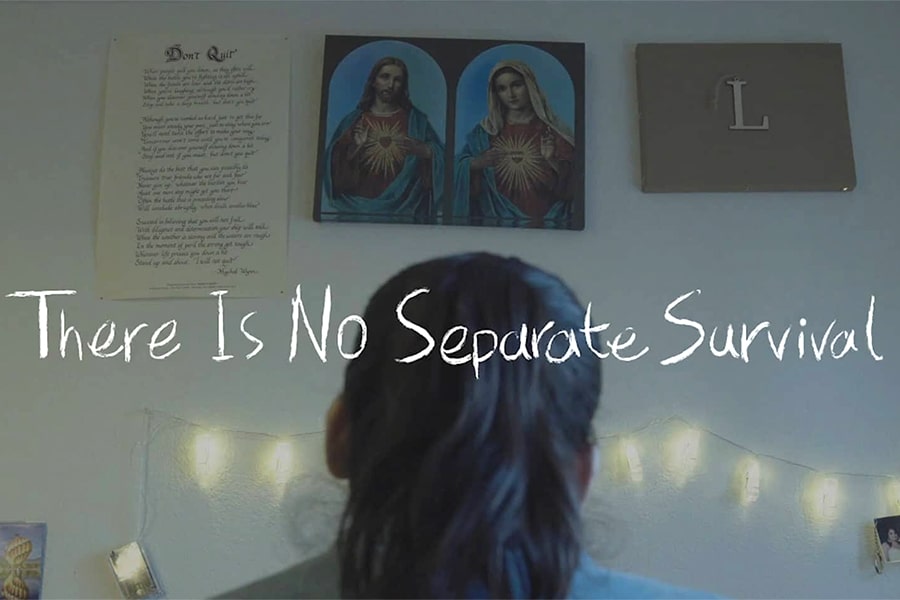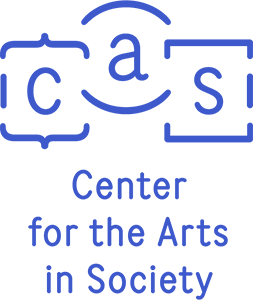
No Separate Survival: The COVID-19 Crisis at the Border and Arts in Action
CAS Speakers Series
Thursday, November 12, 6:00pm on Zoom
More than 65,000 asylum seekers to the US, mostly from the Caribbean, Central America and West Africa, fleeing torture, lethal violence and persecution across racial, gender and political lines linger in cramped shelters and informal settlements across Northern Mexican border towns. This interactive dialogue will examine the way the global COVID-19 pandemic is multiplying the violent effects of US’ deterrent immigration policies on the lives of asylum seekers in Mexico. We will also center the role creative and scholar-activist interventions can play in challenging transatlantic border militarization and global dialogue on abolition.
The US “Remain in Mexico” policy - officially known as the Migrant Protection Protocols (MPP) - along with family separation and detentions and the COVID-19 crisis have led to a near shutdown of the US-Mexico border. Black, indigenous LGBTQ+ and cisgendered women migrants have been particularly hit hard and find their safety and lives in continual risk in Mexico. Darío Valles, PhD will share his latest research based on more than two years of ethnographic work in Tijuana and the ways his organizing alongside transnational activists and migrants led him to an ongoing documentary film production, No Separate Survival. He will also share how local Mexican cultural groups his film team has partnered with are using socially distant mobile arts workshops to engage and empower migrant youth trapped in limbo at the border – and bring to discussion how faculty and students can get involved in transnational change in the face of hardening borders.
Bio:
Darío Valles is an anthropologist whose research lies at the intersection of race/gender/sexuality and transnational migration in Mexico/US borderlands. As an American Council of Learned Societies (ACLS) teaching fellow at Columbia University’s Institute for Research on Women, Gender and Sexuality and in Anthropology, his current research, grounded in engaged method and documentary film, examines the lived experiences of queer and transgender, Black (Afro-Caribbean and African) and Indigenous (Central American and Southern Mexican) migrants currently displaced in Baja California, Mexico. His analytical lens draws from a mix of cultural, linguistic and visual anthropological methods that can draw together interdisciplinary theoretical debates within queer, feminist and migration studies and speaks to the ways migrants shape new horizons of transnational solidarity, abolition and citizenship. Valles’ research has been published in the Journal of Latin American Geography, Political and Legal Anthropology Review (PoLAR), and featured in numerous local and global media, including as a regular correspondent for the feminist online radio program Tejiendo Centróamerica. His work has been funded by multiple grants from the National Science, Ford, and Wenner-Gren Foundations. Prior to Columbia, he taught at Brown University’s Watson Institute for International and Public Affairs, and at UCLA’s César E. Chávez Department of Chicana/o and Central American Studies & Dept. of Urban Planning.
This event is co-sponsored with the CMU History Department.
